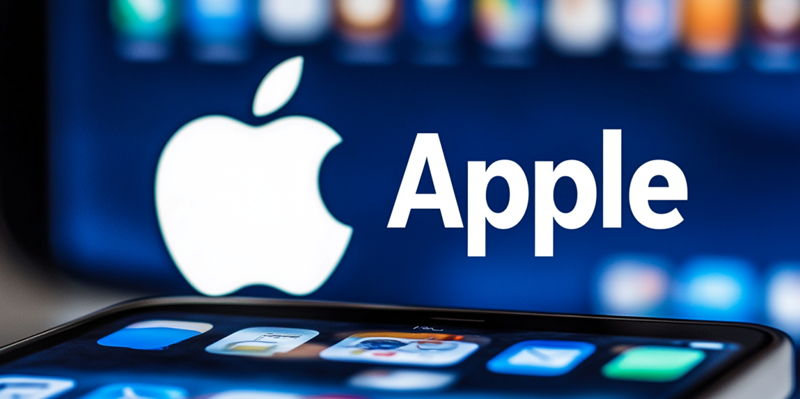In a recent development that has sent ripples through the tech community, Apple has rolled out critical updates for iOS and iPadOS to address two significant security vulnerabilities. These updates come as part of Apple’s ongoing commitment to ensuring user privacy and data security. By prioritizing rapid identification, reporting, and resolution of these issues, Apple demonstrates a proactive stance in the cybersecurity landscape. The CVE-2024-44204 vulnerability, one of the two major flaws, could have let VoiceOver, an assistive technology feature, read aloud users’ saved passwords. The gravity of this issue becomes apparent when considering the potential risk to users’ sensitive information.
This specific flaw was discovered by security researcher Bistrit Daha. The logic problem associated with CVE-2024-44204 impacted a range of devices including the iPhone XS and later models, various iPad Pro versions, iPad Air, iPad, and iPad mini generations. Apple, in its swift response, has resolved the issue by enhancing its validation processes. Such rapid action underscores the importance of timely patches to protect user data from potential breaches. As technology progresses, the collaborative efforts between security researchers and tech firms like Apple become key to maintaining device security.
Addressing the Media Session Vulnerability
Adding to the critical updates, Apple has also tackled another newly found vulnerability, notably specific to the iPhone 16 models, tracked as CVE-2024-44207. This flaw resided within the Media Session component and posed a significant privacy risk, allowing audio capture moments before the microphone indicator was activated. The gravity of this vulnerability lies in its capability to covertly access users’ audio inputs, raising alarm bells about privacy invasion. Reporting of this issue came from Michael Jimenez and an anonymous researcher, highlighting the collaborative nature of addressing cybersecurity threats.
To counter this, Apple has deployed enhanced checks to mitigate the issue effectively. This measure not only rectifies the flaw but also reinforces the security framework of the devices, ensuring tighter control over audio capturing functionalities. Such meticulous attention to potential vulnerabilities and subsequent rapid remediation emphasize the necessity for users to keep their devices updated. Regular updates fortify devices against emerging threats, thus safeguarding user privacy. The cooperative diligence displayed by researchers and Apple’s security teams serves as a model for industry practices, continuously evolving to meet the demands of a secure digital environment.
The Imminent Need for Immediate Action
In a significant move that has caught the tech community’s attention, Apple has released essential updates for iOS and iPadOS to tackle two serious security vulnerabilities. These updates highlight Apple’s ongoing dedication to user privacy and data protection. By swiftly identifying, reporting, and fixing these issues, Apple shows a proactive approach in the world of cybersecurity. One of the major flaws, CVE-2024-44204, could have allowed VoiceOver, an assistive technology, to read out users’ saved passwords, posing a significant risk to sensitive information.
The vulnerability was uncovered by security researcher Bistrit Daha. The issue, traced to a logic problem, affected a range of devices including the iPhone XS and later models, various iPad Pro versions, as well as iPad Air, iPad, and iPad mini generations. Apple promptly addressed the issue by reinforcing its validation processes. This quick action emphasizes the critical nature of timely patches in safeguarding user data against potential breaches. As technology advances, collaboration between security researchers and tech companies like Apple becomes increasingly vital in ensuring device security.

